Article not found
This article is no longer available. But don't worry—we've gathered other articles that discuss the same topic.
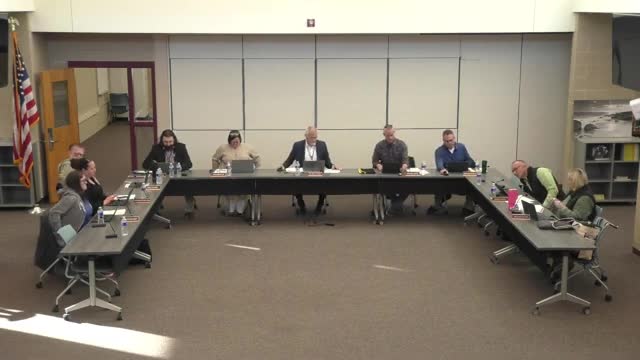
Board approves minutes, routine business items and personnel appointments; motions recorded as voice votes
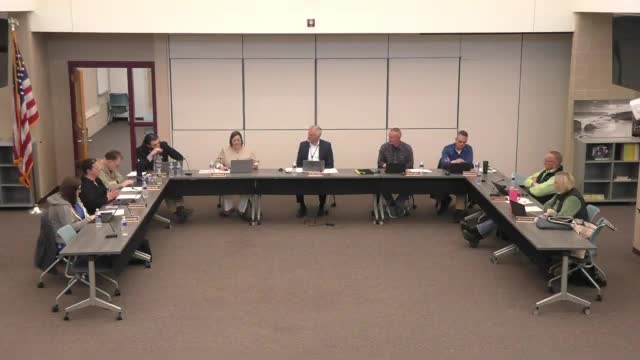
District to adopt I‑Ready classroom math K‑5; pre‑K registration and screening schedule highlighted
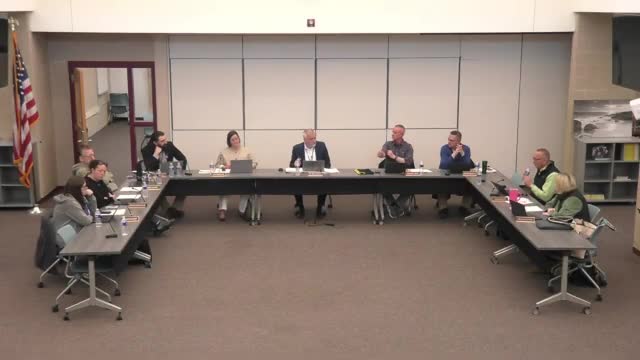
Board discusses student ex-officio role, voting logistics and weeklong cell-phone pilot
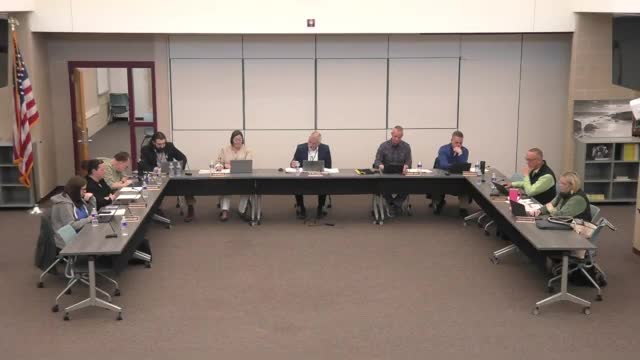
Board hears updates on building security upgrades and $15 million capital project; timeline, door sensors and blue-light alerts discussed
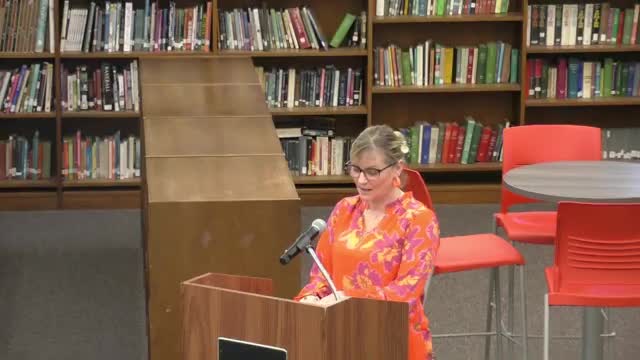
Speaker alleges discrimination and challenges personnel memo; board limits comments on personnel matters

